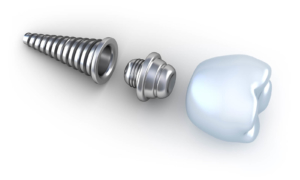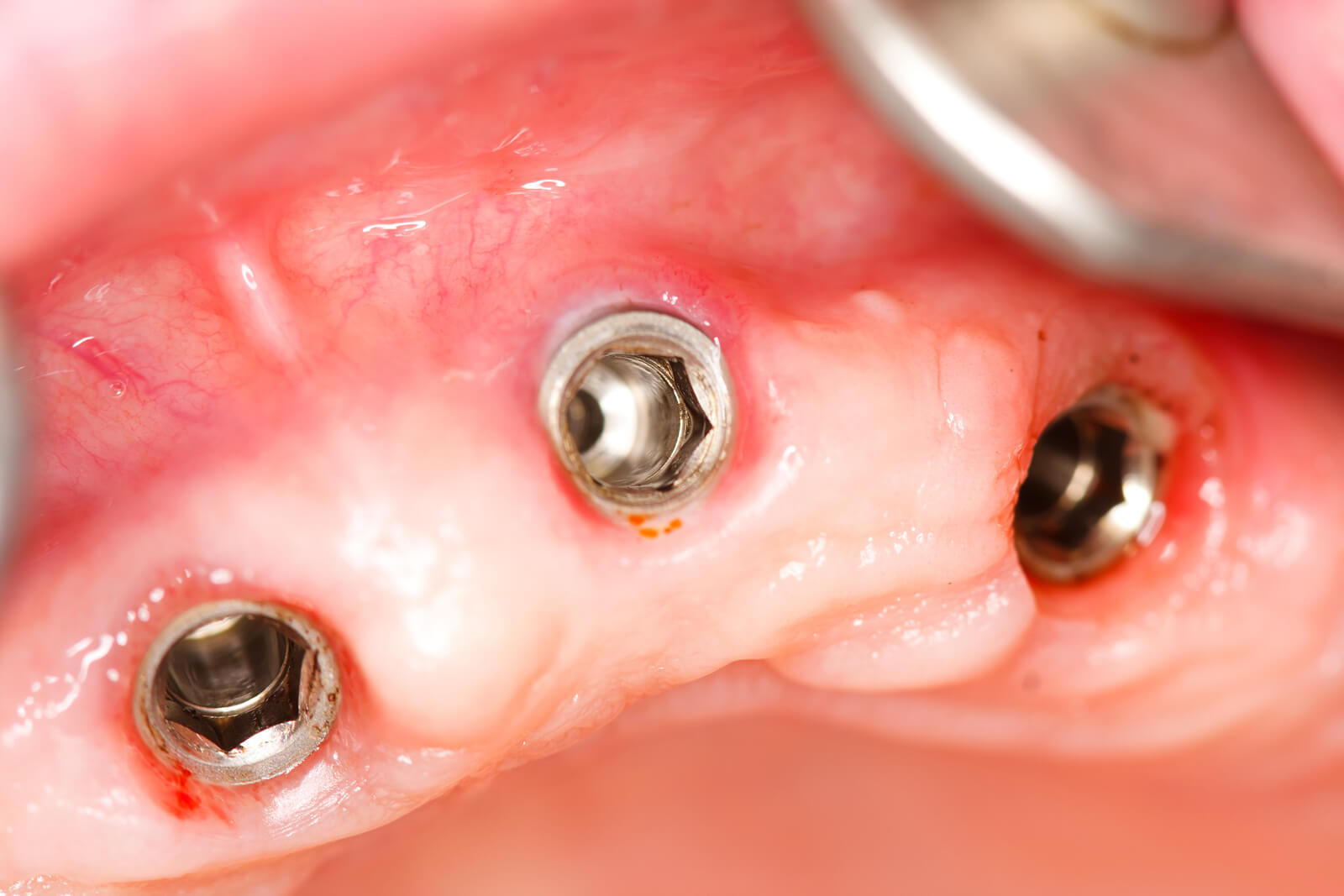Dental implants are a common dental procedure administered to several patients for purposes of teeth restoration and aesthetics. Dental implants are most preferred since they provide a long-term solution to missing teeth. If your dentist has advised you get dental implants for your missing teeth, you probably have several questions running through your mind. We answer some below.

What are dental implants?
Dental implants are prosthesis placed to fill the gap left by missing tooth or teeth. They are made of different material and can be customized accordingly. After the implant is fixed on the jawbone, dental crowns, dentures and bridges can then be attached on top of the implant.
What is the purpose of dental implants?
Dental implants primary purpose is to fill the gap left by missing teeth. Usually, if left open, the gap will be susceptible to disease which may spread to the surrounding teeth. The implants also serve to restore the aesthetic value of your smile. With several missing teeth, your teeth become unappealing and this can in turn lower your confidence. To restore your perfect smile, implants are used to fill these gaps in your mouth.
What are the advantages of dental implants?
Dental implants provide a lasting solution to missing teeth, tooth decay and cavities. They are mainly made of titanium which is long lasting and resistant to tooth diseases. Besides the dental advantages, they improve your overall dental appearance instilling confidence. Dental implants are fixed firmly to your jawbone allowing you normal dietary advantages. You can enjoy your favorite meals without the worry of them falling out or chipping.
What is the cost of dental implants?
The initial cost of dental implants is expensive but a worthy investment since the implants last long, sometimes a lifetime. A dental implant on a single tooth will cost at least $3000 or more depending on the complexity of the procedure and the materials used for the implant. Custom implants made of gold or silver cost much more than normal titanium implants.
Does insurance cover dental implants?
Most insurance companies do not cover the cost of dental implants but it is advisable to discuss with your service provider to be clear on this. In some cases, insurance may cover the dental crowns fixed above the implant but not the implant itself. Again depending on your scope of cover, there could be an expense that your insurance can settle.
What are the alternatives to dental implants?
What are the alternatives to dental implants?
Dental implants still remain the best long-term solution to missing teeth. However, non-implant procedures are also an alternative. These include dental bridges, removable complete or partial dentures and dental bonding.
Who performs dental implants?
Normally this procedure is carried out by a licensed orthodontist. However, some general dental practitioners have undergone the necessary training to perform dental implants. You can ask your dentist if he can perform the procedure. If not he should be able to direct you to a professional who can.
How do I take care of my implants to guarantee long-term service?
Dental Implants require high levels of oral hygiene. Besides everyday brushing of your teeth and flossing, a visit to your dentist from time to time is also recommended. These checkups confirm that your implant is still firmly in place and check on your progress after the dental implant. If there is any special care required, your dentist will be able to advise accordingly.
Conclusion
Your dental health has an impact on your overall health, appearance and confidence. Missing teeth if left unattended will cause damage to the jaw bone and surrounding teeth. Dental implants are used to fill these gaps while maintaining the natural structure of your teeth. Although the initial cost of the procedure is high, it definitely is a cost-saving option in the long run. Dental implants guarantee long-term service, lifetime if well fixed and maintained. Your dentist will be able to answer more questions and advice accordingly.

